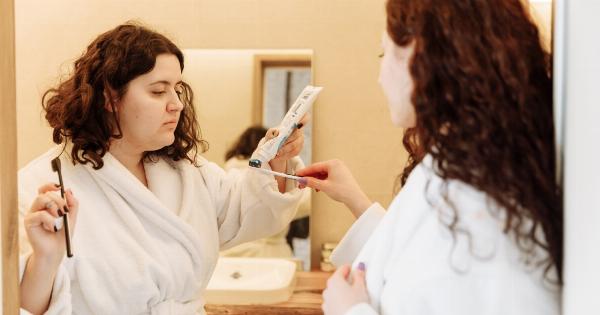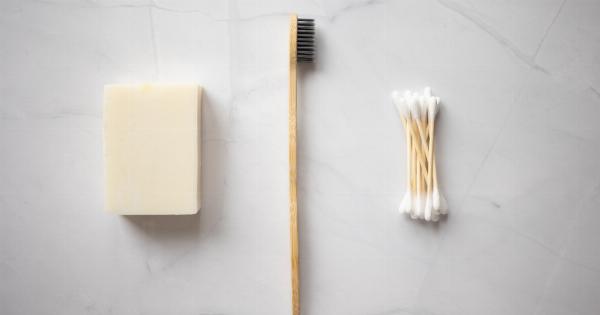Many of us grew up with the strict rule ingrained in our heads: brush after every meal. However, as we become older, it is not uncommon to wonder if this is really necessary.
It is essential to maintain good oral hygiene, but is it recommended to brush teeth after every meal? The answer may surprise you.
The Importance of Brushing Teeth
It is critical to brush teeth to maintain good oral hygiene, as it helps to remove plaque and bacteria buildup that can cause tooth decay and gum disease.
Brushing twice a day, for two minutes each time, can significantly reduce the risk of dental problems. However, there are also times when brushing after each meal is beneficial.
When to Brush Teeth After Eating
It is generally recommended to brush teeth after eating highly acidic or sugary foods. Acidic foods, such as citrus fruits, tomatoes, and vinegar, can soften the enamel on teeth, making them more vulnerable to decay.
Sugary foods can also cause plaque buildup, which leads to cavities. When you brush your teeth after consuming acidic or sugary foods, you help to remove the damaging particles from your teeth, lessening the chances of developing dental problems.
Additionally, brushing after eating is recommended if you have braces, as food particles can easily get stuck in orthodontic appliances and cause damage to the teeth and gums.
Flossing is also crucial when wearing braces to remove food particles that are impossible to reach with a toothbrush.
When Not to Brush Teeth After Eating
While it is beneficial to brush teeth after eating highly acidic or sugary foods, it is not always recommended to brush after every meal. Brushing too aggressively or frequently can actually cause damage to the teeth.
Over time, brushing too hard or too often can wear away the enamel on your teeth, making them more vulnerable to cavities and sensitivity.
It is also not recommended to brush teeth immediately after consuming certain foods or drinks, such as coffee, wine, or soda. These beverages contain acid that can soften tooth enamel, and brushing can increase the risk of tooth erosion.
Instead, it is recommended to wait at least 30 minutes after consuming these drinks before brushing your teeth.
Other Tips for Maintaining Good Oral Hygiene
While brushing teeth after every meal may not always be necessary, there are other steps you can take to maintain good oral hygiene:.
- Flossing daily to remove food particles and plaque buildup
- Using a fluoride toothpaste to strengthen teeth and prevent cavities
- Rinsing your mouth with water or mouthwash after consuming highly acidic or sugary foods
- Visiting your dentist regularly for checkups and cleanings
Conclusion
In conclusion, it is generally recommended to brush teeth after eating highly acidic or sugary foods, as well as when wearing orthodontic appliances.
However, it is not always necessary to brush after every meal, as it can cause damage to your teeth if done too frequently or aggressively. By following good oral hygiene practices like flossing daily, using fluoride toothpaste, and visiting your dentist regularly, you can maintain good oral health and avoid dental problems.





























